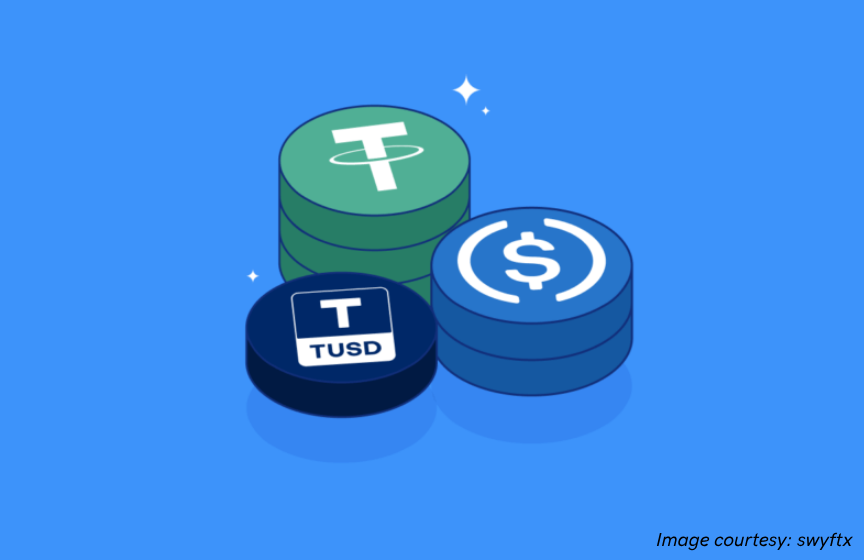Welcome to the Daily Crypto Section in OLE777 – Asia 1st Multiplatform Crypto Gaming Company. South Africa’s tax authority, SARS, is intensifying efforts to ensure crypto tax compliance by tracking unreported transactions and working with local and international partners. Meanwhile, Paxos has launched a new stablecoin payment platform aimed at improving payment services with faster and cheaper transactions using stablecoins. Brazil is also advancing its digital currency plans named Central Bank Digital Currency (CBDC).
South Africa Will Be More Focused on Crypto Tax
South Africa’s tax authority, SARS, is now focusing on crypto assets in its tax compliance efforts. Many South Africans own cryptocurrencies, but most transactions have not been properly reported for taxes. To address this, SARS will work closely with the Financial Sector Conduct Authority (FSCA) and local crypto service providers to ensure compliance.
SARS will also access crypto user data and plans to sign international agreements to exchange information about offshore crypto accounts by November 2024. For those not reporting their crypto assets, SARS warns of serious penalties, including fines and potential jail time. They are also using advanced technology like AI to track unreported transactions more effectively.
Through these steps, SARS aims to ensure fairness in tax reporting and maintain transparency in the country’s financial system.
Read more: Ex-Philippine Mayor Alice Guo Scandal: Stealing Customer Crypto Asset and Human Trafficking
Paxos Introducing New Stablecoin Payment Platform
Paxos, the creator of the Pax Dollar (USDP) stablecoin, introduced a new payment platform on October 15 to boost the adoption of stablecoins in the payments industry. This platform, designed for payment service providers and fintech firms, enables them to offer faster and cheaper stablecoin transactions compared to traditional methods.
Stripe, a global payment processor, is one of the first to implement this system, using Paxos’ infrastructure to simplify stablecoin payments for merchants. The platform supports Pax Dollar (USDP), PayPal USD (PYUSD), and USD Coin (USDC), allowing businesses to accept payments in these stablecoins or convert them into cash.
It operates on Ethereum, Solana, and Polygon, offering businesses broad accessibility. Currently available in the U.S., Paxos plans to expand globally in the future. Ronak Daya, Paxos’ Head of Product, noted that stablecoins are the future of payments and that the new platform helps companies handle payments more efficiently.
Read more: Beware! A New Scam by AI Technology “Digital Arrest” Have Been Founded
Brazil Will Launch Digital Currency in 2025
Over 100 central banks worldwide, covering 98% of global GDP, are exploring or adopting digital currencies, with only 11 having launched them so far. Brazil began its journey toward a Central Bank Digital Currency (CBDC) in August 2020, and its pilot program, started in March 2023, will provide a review by mid-2024.
Brazil’s digital payment system, Pix, has been a huge success, with nearly all adults registered since its launch in 2020. Drex, Brazil’s CBDC, will go further, targeting larger transactions like government or business deals. Unlike cryptocurrencies, Drex will be regulated, with its value equal to the Brazilian Real.
However, there are risks. Some fear digital currencies might hurt banks, but this hasn’t happened yet. To avoid issues like bank runs, Brazil will limit how much Drex people can hold. The full launch of Drex is expected in early 2025.













Leave a Reply